ARTICLE AT A GLANCE
Mitochondria have earned their position as the “powerhouses” of our cells. Their main job is to create the energy required to execute metabolic cellular functions, known as adenosine triphosphate or ATP.
Why does mitochondrial health matter? The energy mitochondria produce is involved in some of the most important biologic processes in our bodies.
Being responsible for most of your body’s functions, your mitochondria have an enormous impact on your health and longevity, specifically as protectors against cancer, Alzheimer’s and Parkinson’s diseases, diabetes, and obesity.
Key Nutrients for Mitochondrial Function
To keep your mitochondria functioning at their best, there are key nutrients we can consume in foods that can boost mitochondrial health and reduce oxidative stress. Several of them directly help reduce oxidative stress and damage.
-Coenzyme Q10(CoQ10)
-Resveratrol
-Proanthocyanidins
-Vitamin E
-B Vitamins 1, 2, and 3
-N-Acetyl Cysteine (NAC)
1. Grass-Fed Beef
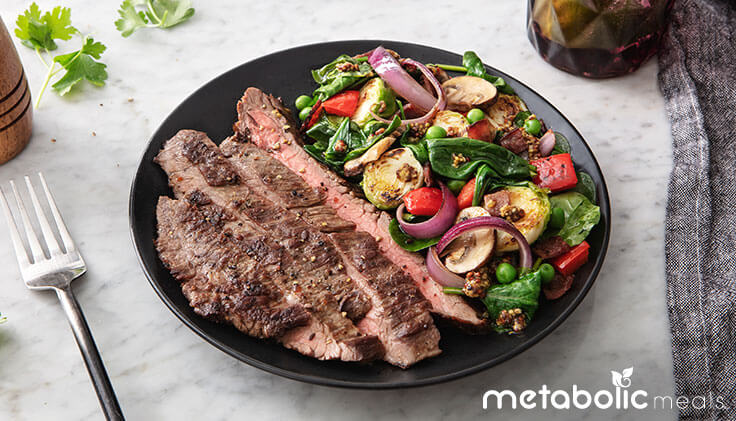
Beef liver, heart, and muscle are rich in CoQ10.
CoQ10 transports high-energy electrons through the electron transport chain. A deficiency in CoQ10 leads to electron loss resulting in oxidative stress and less ATP production.
2. Red Wine

Resveratrol, a polyphenol found in red wine, is vital to mitochondrial health for increasing ATP production and decreasing oxidative stress.
3. Red Cabbage
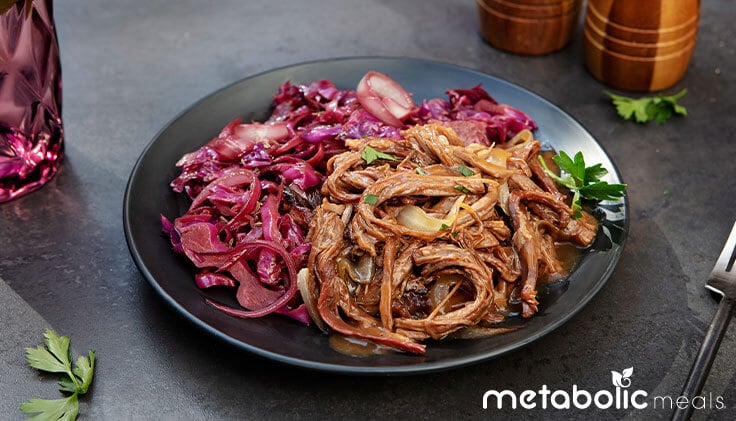
Proanthocyanidins are polyphenols that are found in natural foods with red, blue and purple pigments like red cabbage. They function as antioxidants and reduce oxidative stress for the mitochondria.
4. Mangos
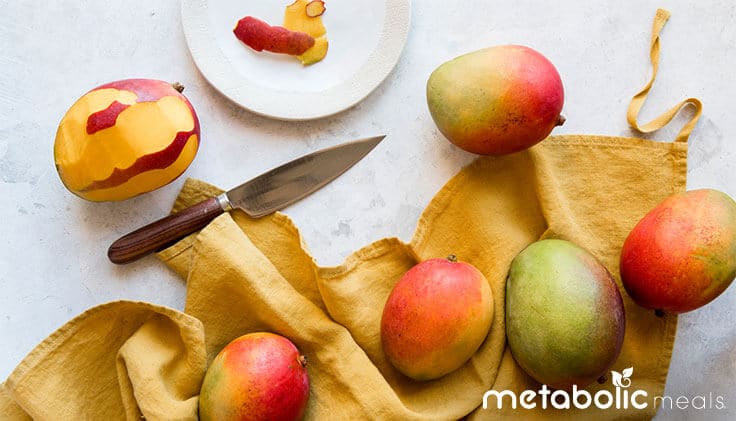
Mangos are flavorful tropical fruits known to be good sources of Vitamins A and C. They are also a good source of Vitamin E. Animal research has shown that Vitamin E functions as an antioxidant, protecting mitochondria from oxidative stress and reducing risks for diseases.
5. Flaxseeds
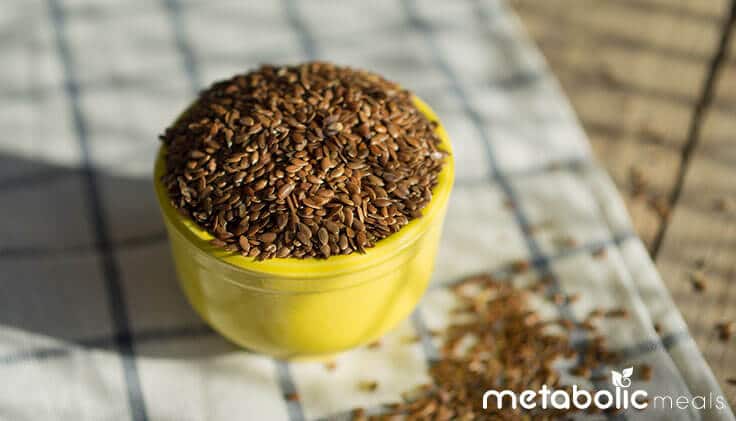
Thiamin, also known as Vitamin B1, can be found in flaxseeds.
Thiamin, along with the other B vitamins play significant roles in energy production in the citric acid cycle. A deficiency of Thiamin and other B vitamins can wreak havoc for mitochondrial health.
6. Cold-Water Salmon
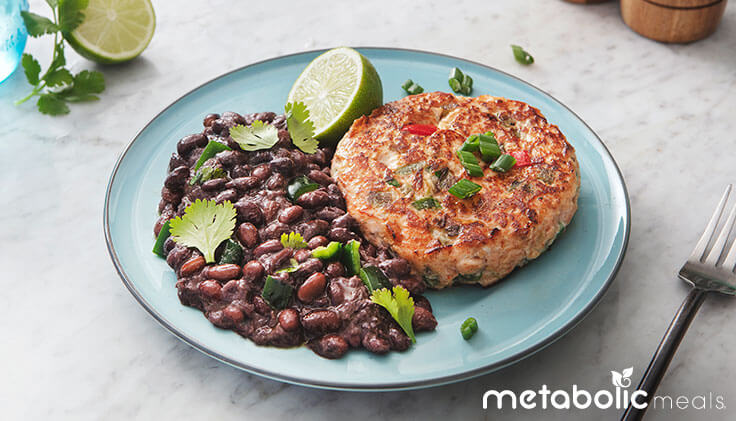
Cold-water salmon is a source of Thiamin.
7. Mushrooms

Mushrooms contain Vitamin B2, also known as Riboflavin.
8. Yellowfin Tuna
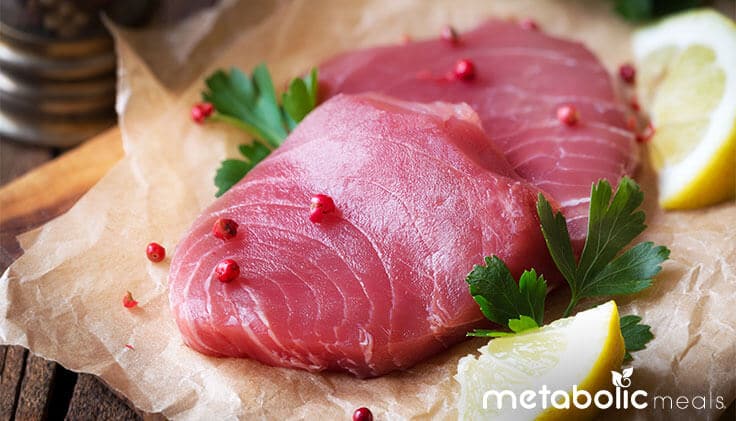
Tuna contains Vitamin B3, also know as Niacin.
9. Grape seeds
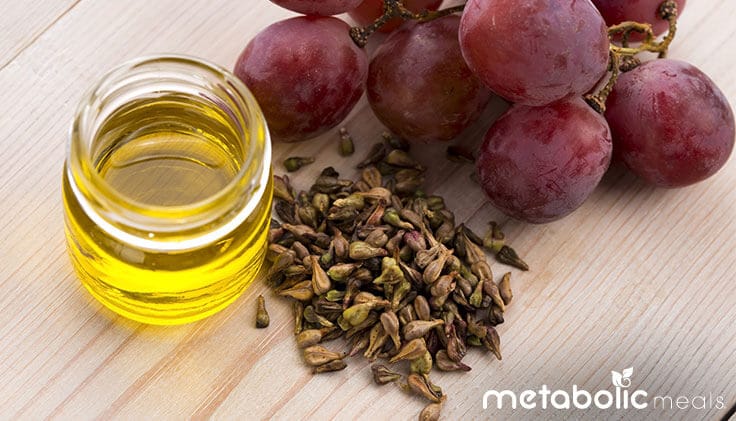
Proanthocyanidins are found in grape seeds. Grape seeds can be eaten in its whole form, extracted form, or taken in supplement form. Grape seed extract is being studied in Alzheimer’s disease which we know is affected by mitochondrial health.
10. Lentils
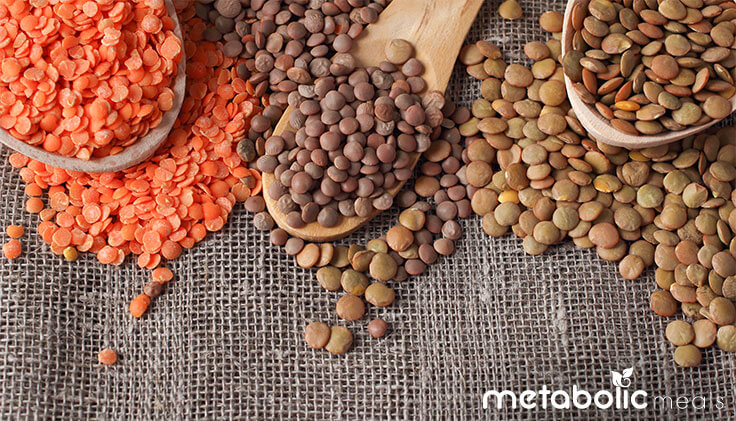
Lentils serve as a source of cysteine, the food form of N-Acetyl Cysteine.
NAC helps to increase the amount of glutathione in mitochondria which creates protection from oxidative damage.
When mitochondria don’t work properly, the dysfunction can often be traced to inadequate amounts of these nutrients, and it might take years to become apparent. By making a few adjustments to your diet, you can improve their function.






